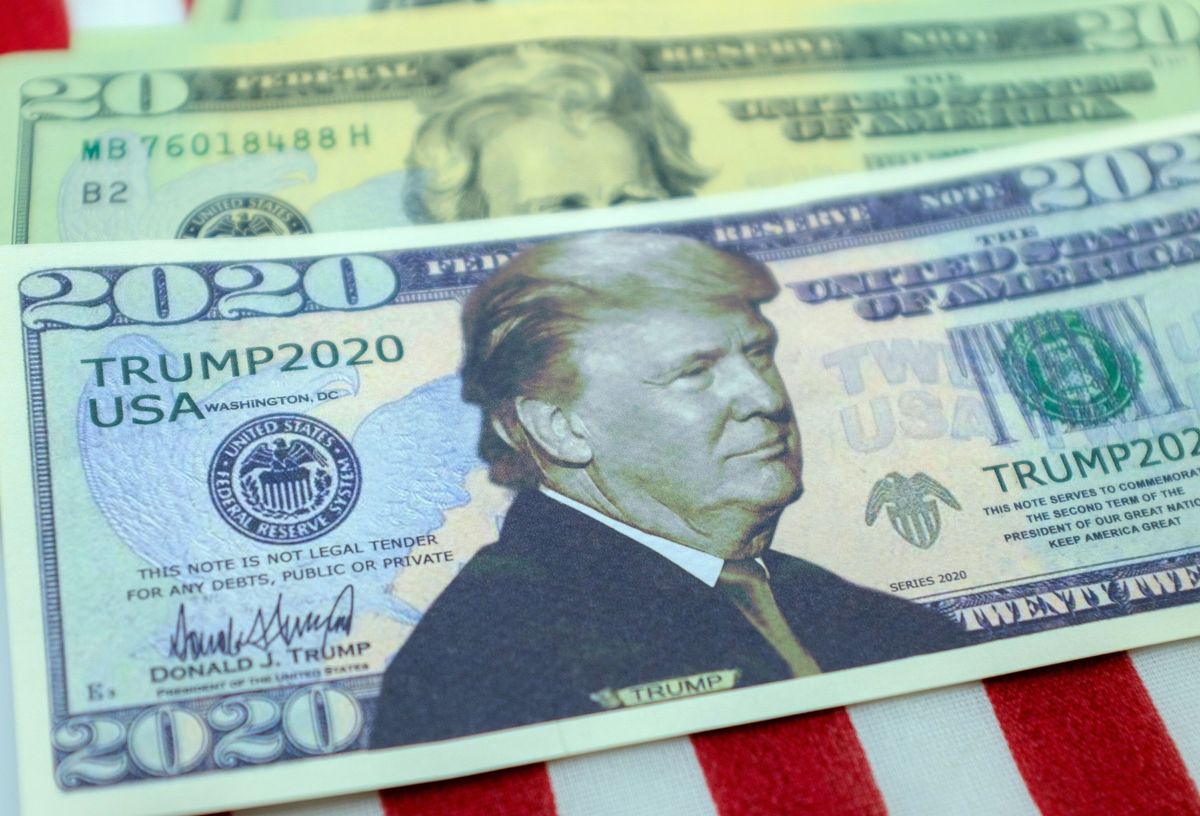
As President Donald Trump continues to stand behind his decision to fire Federal Reserve Governor Lisa Cook, one former leader at the agency warns that the consequences of the firing, should it ultimately go through, could be catastrophic.
Trump announced on Monday that Cook would be fired “effective immediately,” alleging the Biden-appointee of mortgage fraud, claims that have yet to be litigated in court. Cook immediately rebuked Trump in declaring her intention to continue to serve out the remainder of her 14-year term.
Bill Dudley, a former president at the Federal Reserve Bank of New York, however, warned that should Cook ultimately be fired, the new makeup of the agency’s board could set off a series of “standoffs, showdowns, chaos and uncertainty” that he said “would be truly frightening,” in an op-ed published in Bloomberg Wednesday.
“The attack on Cook represents a major escalation that could end very badly,” Dudley wrote. “Never before has a president tried to fire a Fed governor, and there’s much more at stake than one person’s job.”
Dudley went on to note that, should Cook be removed from her position, Trump would then have appointed four of the central bank’s seven governors, granting him a powerful majority that would grant the president far more leverage at the Fed.
“The Board of Governors could, for example, refuse to reappoint some or all of the 12 regional Federal Reserve Bank presidents, whose five-year terms come up for renewal in February 2026 – and five of whom vote on the FOMC on a rotating basis. In theory, this could be a way to populate the (Federal Open Market Committee) with members that would do Trump’s bidding, empowering the president to get the big rate cuts he seeks.”
The announced firing of Cook comes amid Trump’s ongoing feud with the Federal Reserve over its refusal to do his bidding and slash interest rates. Trump has gone as far as to tease firing the agency’s chair, Jerome Powell, but has, at least for now, backed off that idea.
“Even if Trump stands only a small chance of taking control of the Fed, the effort itself is disruptive and the consequences of success would be dire,” Dudley wrote. “The threat to the Fed’s independence – along with the risk of uncontained inflation, much higher long-term borrowing costs and a significantly weaker dollar – isn’t going away.”




